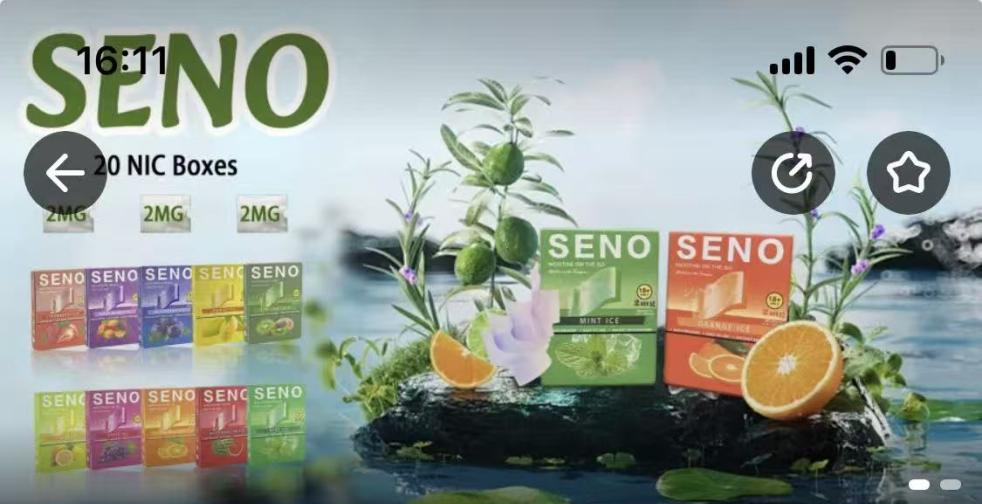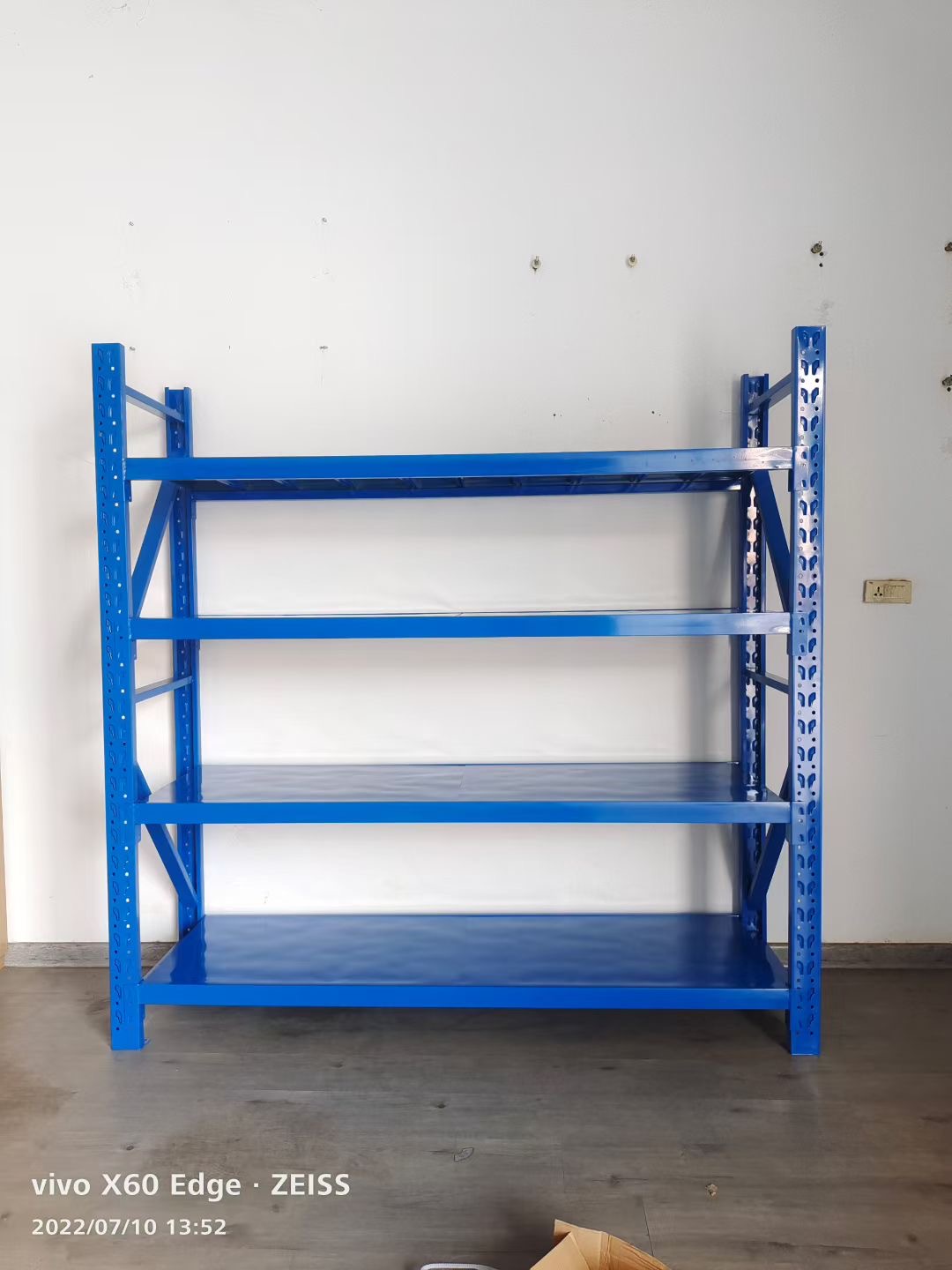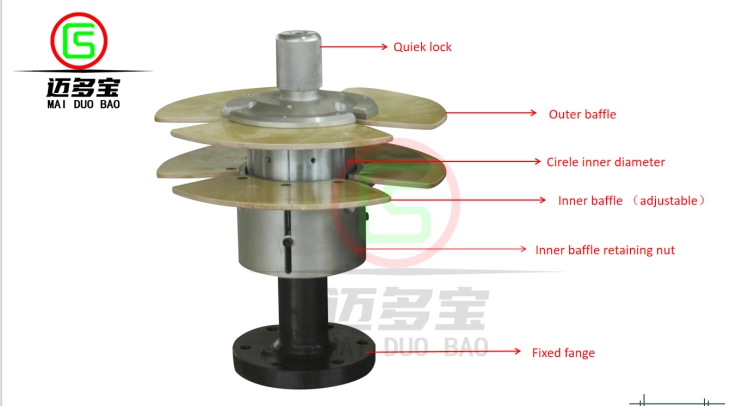In the fast-moving consumer goods (FMCG) sector, the competition is fierce, with numerous companies vying for consumer loyalty and market share. As consumers become increasingly discerning and demand more from brands, the question arises: which FMCG company is best? This article delves into the criteria for evaluating FMCG companies, highlights key players in the industry, and ultimately seeks to identify the frontrunner in this dynamic market.
Understanding the FMCG Landscape
FMCG refers to products that are sold quickly at relatively low cost, including items such as food, beverages, toiletries, and over-the-counter drugs. The FMCG sector is characterized by high volume sales, low margins, and a rapid turnover of products. Given the nature of this industry, several factors come into play when determining which company stands out as the best.
Key Criteria for Evaluation
- Market Share and Financial Performance: A company's market share is a critical indicator of its success. Financial metrics such as revenue growth, profit margins, and return on investment (ROI) provide insight into a company's operational efficiency and market position.
- Brand Equity and Consumer Loyalty: Strong brand equity translates into consumer loyalty, which is essential for sustained growth. Companies that invest in brand building and maintain a positive public perception often outperform their competitors.
- Innovation and Product Development: The ability to innovate and respond to changing consumer preferences is vital in the FMCG sector. Companies that prioritize research and development (R&D) and adapt their product lines to meet emerging trends tend to lead the market.
- Sustainability Practices: In today's environmentally conscious market, companies that adopt sustainable practices and demonstrate corporate social responsibility (CSR) are increasingly favored by consumers. This includes ethical sourcing, reducing carbon footprints, and engaging in community initiatives.
- Global Reach and Distribution Networks: A robust distribution network allows FMCG companies to reach a wider audience. Companies with a strong global presence can leverage economies of scale and diversify their market risks.
Leading Players in the FMCG Sector
Several companies have established themselves as leaders in the FMCG industry, each excelling in different areas:
- Procter & Gamble (P&G): Known for its diverse product portfolio, P&G has a strong market presence in personal care and household products. The company's commitment to innovation and sustainability has solidified its reputation among consumers.
- Unilever: With a focus on health and wellness, Unilever has successfully integrated sustainability into its business model. Its extensive range of products, from food to beauty, appeals to a broad demographic, making it a formidable player in the market.
- Nestlé: As one of the largest food and beverage companies globally, Nestlé excels in product development and brand loyalty. Its commitment to nutrition and health has resonated with consumers, driving its growth.
- Coca-Cola: A leader in the beverage sector, Coca-Cola's brand recognition is unparalleled. The company's ability to adapt its product offerings to local tastes while maintaining a consistent global brand image is a key factor in its success.
The Verdict: Which FMCG Company is Best?
Determining the best FMCG company is subjective and depends on the criteria one prioritizes. However, if we consider a combination of market share, innovation, sustainability, and consumer loyalty, Unilever often emerges as a frontrunner. Its commitment to sustainable practices, diverse product range, and strong brand equity position it favorably in the eyes of consumers and investors alike.
Conclusion
In the ever-evolving FMCG landscape, the competition remains intense. While several companies demonstrate excellence in various aspects, Unilever's holistic approach to business, focusing on sustainability and consumer needs, sets it apart as a leader in the industry. As consumers continue to demand more from brands, the best FMCG company will likely be one that not only meets their needs but also aligns with their values.





